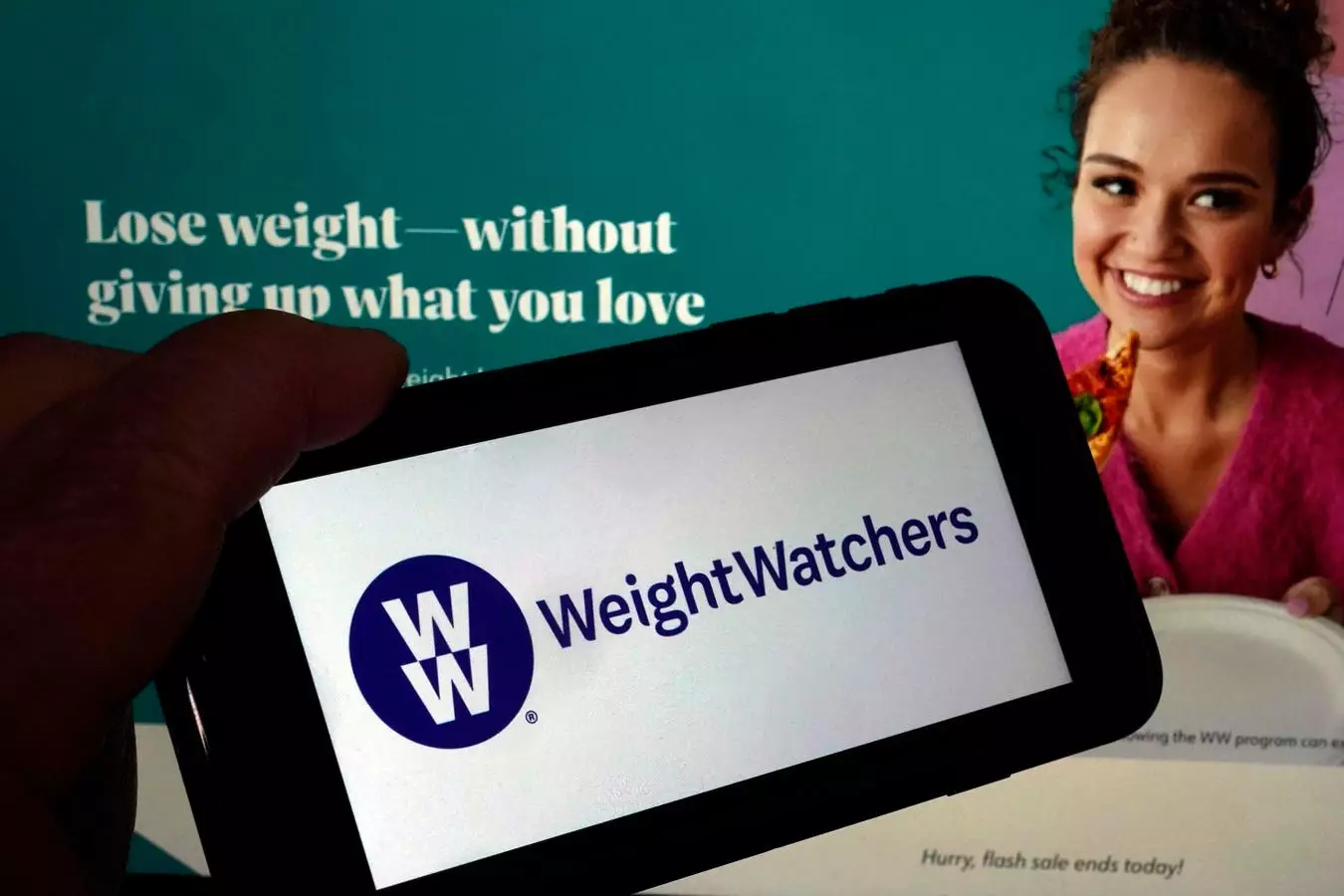The recent news of WW, previously known as WeightWatchers, on the brink of bankruptcy marks more than just a financial crisis; it highlights a profound cultural transformation in how we approach health, food, and companionship. Once a beacon of communal support, WW’s decline raises pressing questions about the evolving relationship we share with wellness in an era dominated by apps, artificial intelligence, and pharmacological solutions. The shift from a supportive community to a more clinical care model underscores a significant transition that reflects our changing societal values.
The Rituals of Togetherness
For decades, WW cultivated a ritualistic approach to weight management, encouraging members to gather in community circles for support, motivation, and accountability. The weekly weigh-ins were not merely about tracking numbers; they represented a communal exercise in vulnerability and perseverance. Members found solace in shared struggles, forming bonds that often extended beyond the confines of the weigh-in room. With the advent of technology and a shift toward digital platforms, this sense of community has dramatically eroded.
Recently, WW’s pivot towards acquiring digital health platforms like Sequence demonstrates a growing preference for medication and tech-driven solutions. This transition reflects a broader trend in healthcare where efficiency and clinical outcomes often overshadow the social and emotional support that many seek in their wellness journeys. While studies indicate that combining medication with behavioral interventions yields better results, it prompts the question: at what cost do we gain these outcomes?
The Medicalization of Wellness
The push to medicalize weight loss is a nuanced topic. On one hand, it has the potential to reduce stigma surrounding obesity and recognizes it as a complex condition influenced by various systemic factors, such as socioeconomic status and access to nutritious foods. On the other hand, focusing predominantly on biological interventions may strip away the multifaceted discussions surrounding mental health, emotional wellness, and societal norms that shape our perspectives on body image.
Research has shown that while telehealth and digital wellness interventions may be convenient, they often fail to foster the same level of long-term engagement and accountability as traditional in-person support systems. An analysis published by JMIR confirms that while online interventions effectively address short-term goals, they often struggle to maintain user commitment over time. Personal interactions—those rich with empathy, shared experiences, and encouragement—are irreplaceable.
Generational Divergence in Wellness Approaches
The landscape of wellness is also witnessing a generational shift, particularly among younger demographics. Gen Z is gravitating toward authenticity and mental wellness, turning away from the rigid structures associated with traditional dieting. This generation favors intuitive eating and functional foods that nourish both body and mind, supporting the notion that wellness should be holistic rather than prescriptive.
Similarly, millennials, now navigating complex life stages filled with caregiving and demanding work schedules, seek convenience in their health solutions. Their preference for easy access to nutritious meals, exemplified by a significant rise in frozen food spending, indicates a departure from the regimented approaches epitomized by WW. What’s becoming increasingly clear is that younger generations yearn for a different type of engagement with food and wellness—one that embraces flexibility, authenticity, and sustainability.
The Emotional Toll of Digital Wellness
While the convenience of digital wellness platforms is undeniable, there is a growing sentiment that these technologies may fail to fill the emotional void left by traditional social connections. The disappearance of communal spaces dedicated to shared struggles around health and food is a quiet grief that many individuals are grappling with—it’s a loss that transcends nostalgia. The laughter, the tears, the shared victories and setbacks—these moments shaped our experiences and were vital to the journey toward better health.
The question we must confront as we embrace AI-driven diets and subscription-based wellness is profound: what are we sacrificing in our quest for efficiency? The personal connections and collective support that once defined programs like WW provided not just accountability but also a sense of belonging. In a world increasingly dominated by screens, are we trading human connection for clicks?
As the wellness landscape continues to evolve with the rise of technology, it is crucial to remain aware of what might be at stake—our emotional well-being may depend on it. Embracing convenience should not come at the expense of the richness of human experience, and as we navigate this new reality, we must ask ourselves how to maintain the shared narratives that once bonded us over our health journeys.


Leave a Reply